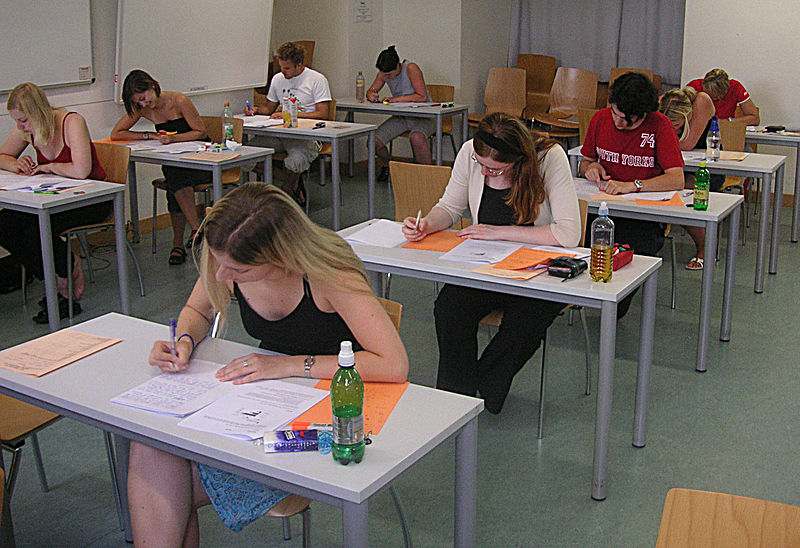In the past few weeks, only one thing has become certain — nothing is certain. The federal and state governments do not know how long the current stay-in-place orders will be necessary, and the path to reopening businesses, schools and public spaces is increasingly unclear.
Stanford, to its credit, has already taken some steps to ensure some semblance of academic fairness during these incredibly uncertain times, mandating universal Satisfactory/No Credit (S/NC) grading and asking professors to not administer finals. However, similar considerations should be made, not just for current students, but also for current high school juniors interested in applying to join the class of 2025 next year. That is why we are asking the undergraduate admissions office to not only drop the requirement that applicants submit an ACT or SAT score, but to eliminate use of these scores in the admissions process for the class of 2025.
We believe this is necessary for two reasons: the uncertainty of the future test calendar and the inequitable access students have to educational and preparatory resources at this time.
For one, the future test calendar is extremely uncertain. Neither the College Board, which administers the SAT, nor the ACT have not taken steps to move their tests online until the fall. The College Board has stated that, depending on public health considerations, it will begin administering the in-person SAT again in August. It is only in the “unlikely” event that schools do not open in the fall that a digital SAT will be provided. The ACT, similarly, has recently released test-at-home guidelines for fall, while maintaining tentative summer test dates for June and July.
Furthermore, the equity of both of these exams has always been in question, with several studies finding that student performance is strongly correlated with student wealth. The effects of the COVID-19 pandemic have exacerbated underlying issues of inequity. Private schools and wealthier public school systems were more prepared structurally to move instruction online, with better online textbooks and teaching resources. Therefore, with the quality of the last few months of instruction prior to summer vacation in question, the underlying correlation between wealth and standardized test performance is likely to increase.
More resourced students are also more likely to have access to reliable Wi-Fi and other technological resources that would be necessary both to study and to take the exam online if that becomes an option as the situation continues to develop.
Many students’ families are also under increased pressure due to illness or economic stress. There may be students who are unable to focus on preparing for a standardized exam due to the illness or death of a loved one. There may be others whose families are unable to afford prep supplies such as books and courses due to increased financial stress.
Stanford has several other methods of evaluation for admission, including transcripts, teacher recommendations and extracurricular activities and honors that are cumulative and take into account student performance outside of this epidemic.
Several other schools have already taken the step of removing ACT and SAT scores from their admissions requirements for the coming class of 2025, including the University of Wisconsin, Williams College, Amherst College and all University of California schools. It seems only appropriate, given the increasingly unknown circumstances, that Stanford do the same.
An earlier version of this article stated that the SAT and ACT had not taken steps to move their tests online. Though there are no plans to move summer test dates online, the SAT and the ACT have taken steps to administer online exams in the fall. The Daily regrets this error.
The Vol. 257 Editorial Board consists of Claire Dinshaw ’21, Malavika Kannan ’23, Layo Laniyan ’22, Adrian Liu ’20 and Jasmine Liu ’20. Willoughby Winograd ’22 is also a member but voted in dissent of this opinion.
Contact the Vol. 257 Editorial Board at opinions ‘at’ stanforddaily.com.
The Daily is committed to publishing a diversity of op-eds and letters to the editor. We’d love to hear your thoughts. Email letters to the editor to [email protected] and op-ed submissions to [email protected].
